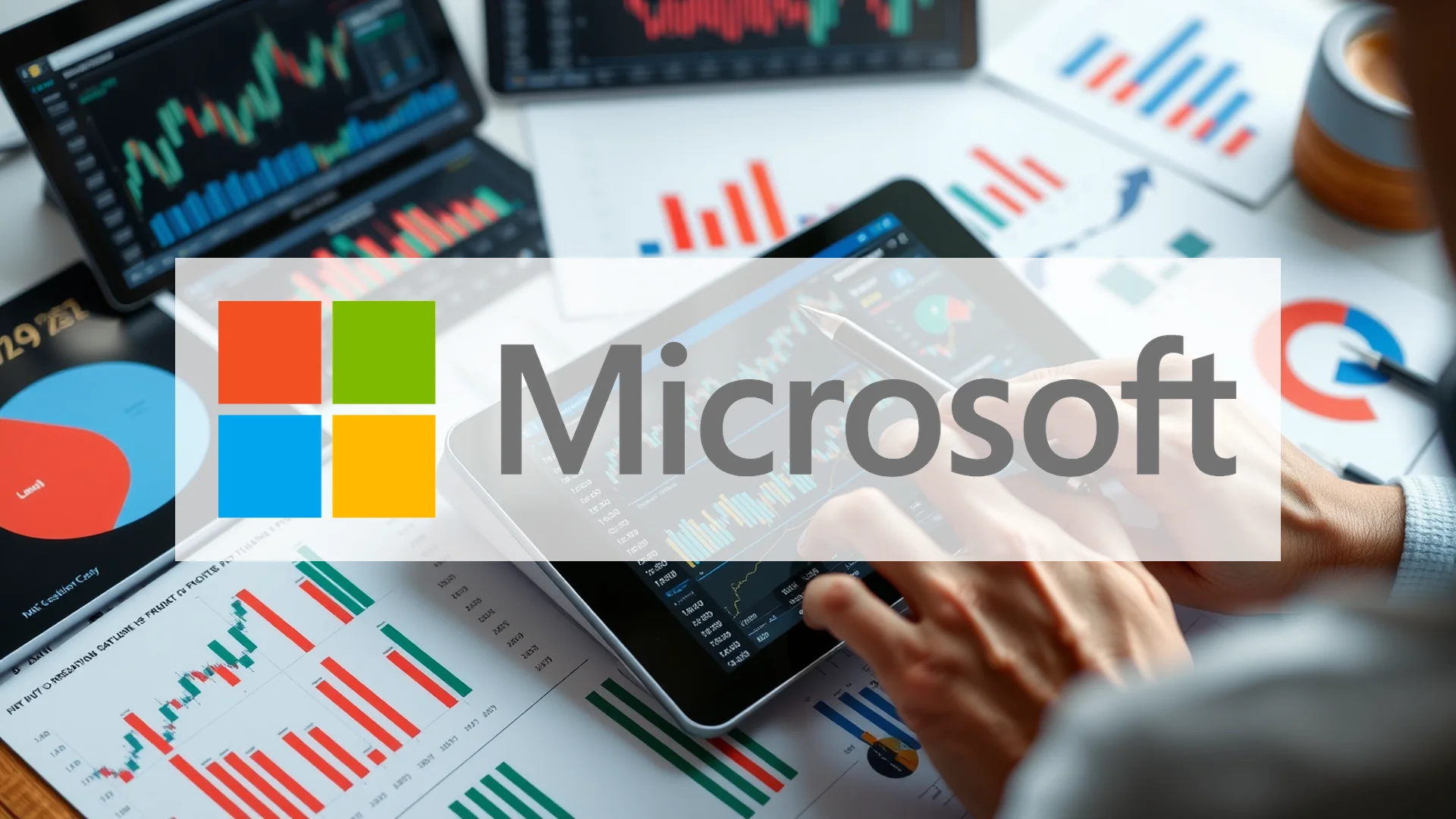Microsoft has achieved a significant technological milestone in artificial intelligence, becoming the first company to deploy NVIDIA’s cutting-edge GB300 NVL72 clusters at scale. These powerful systems are specifically dedicated to running OpenAI’s ChatGPT models through Microsoft’s Azure cloud platform. Despite this forward-looking announcement, the company’s shares experienced a decline, creating an apparent contradiction between technological progress and market performance.
Quarterly Results to Test AI Investment Thesis
All eyes will be on Microsoft’s upcoming quarterly report scheduled for October 29, covering the first quarter of fiscal year 2026. Market participants will be closely examining the performance of the Azure division and assessing the monetization progress of AI-powered Copilot services. These financial results will provide crucial evidence about whether the company’s massive artificial intelligence investments are beginning to generate returns or if investors need to maintain patience for longer-term payoff.
Infrastructure Partnership Reaches New Heights
The technology giant revealed on Friday that its Azure cloud platform is now delivering the first production-ready clusters equipped with NVIDIA’s Blackwell Ultra GPUs. This elite hardware is engineered to handle OpenAI’s computationally intensive workloads, representing a critical component in the competitive battle for AI supremacy against cloud rivals Amazon Web Services and Google Cloud.
Should investors sell immediately? Or is it worth buying Microsoft?
This development highlights Microsoft’s strategic positioning within the AI ecosystem, where it serves not only as OpenAI’s infrastructure partner but also as the provider of the most advanced computing hardware currently available. The triangular collaboration between Microsoft, NVIDIA, and OpenAI appears positioned to establish the foundation for the next generation of artificial intelligence applications.
Market Forces Overshadow Positive Developments
Even with this positive technology news, Microsoft stock declined 2.2% to close at $510.96. The drop was attributed to broad-based selling pressure across the technology sector during Friday afternoon trading, which overwhelmed the company’s fundamental strengths. Trading volume finished approximately 7% above the daily average, indicating heightened market activity.
Market analysts continue to maintain generally favorable assessments of Microsoft. The Royal Bank of Canada recently reaffirmed its “Buy” rating in early October. The consensus among industry experts ranges from “Moderate Buy” to “Strong Buy,” suggesting that Friday’s weakness was more reflective of market dynamics than concerns about the company’s underlying business fundamentals.
Ad
Microsoft Stock: Buy or Sell?! New Microsoft Analysis from February 7 delivers the answer:
The latest Microsoft figures speak for themselves: Urgent action needed for Microsoft investors. Is it worth buying or should you sell? Find out what to do now in the current free analysis from February 7.
Microsoft: Buy or sell? Read more here...











